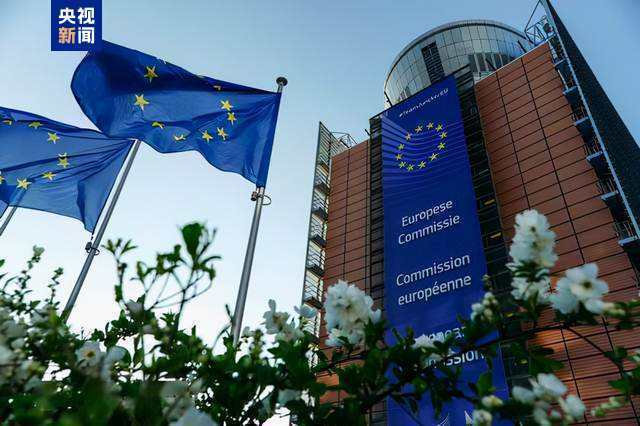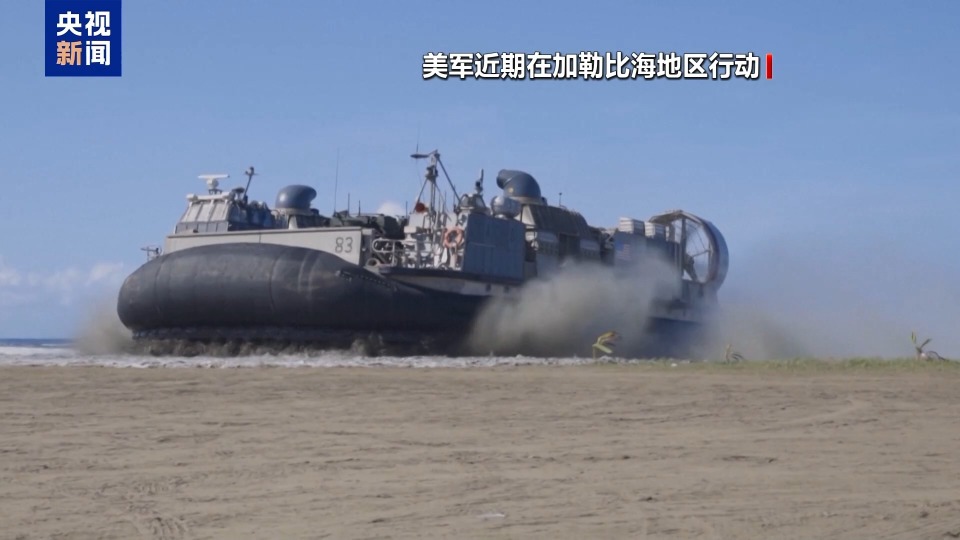Old Books Should Not Be Discarded A Valuable Resource

Introduction
Old books, often seen as nothing more than outdated and worn-out items, hold more value than meets the eye. In this article, we will explore the reasons why old books should not be simply thrown away. By presenting objective facts, valid viewpoints, and intriguing anecdotes, we aim to shed light on the significance and potential of these seemingly unremarkable objects.
Part I Cultural Heritage
Old books serve as the custodians of our cultural heritage. They contain valuable insights into the thoughts, beliefs, and experiences of past generations. These treasures provide us with a window into history, allowing us to comprehend the development of ideas and the progression of society. For instance, flipping through the pages of a centuries-old novel can transport us to a different era, enabling us to appreciate the literary techniques and social context of that time.
Part II Historical Documentation
Beyond their cultural value, old books also function as historical documents. They bear witness to the events and stories that shaped our world. By preserving these books, we preserve the evidence of our collective past. Historical accounts, diaries, and memoirs provide invaluable firsthand perspectives on pivotal moments, offering us a deeper understanding of the challenges and triumphs of our ancestors.
Part III Research Resources
Old books are a goldmine of information for researchers and scholars. These texts, whether scientific, philosophical, or artistic, often contain knowledge that has stood the test of time. Researchers can delve into these pages to uncover forgotten theories, study the evolution of ideas, and find inspiration for new discoveries. The vast amount of knowledge contained within old books is an invaluable resource waiting to be explored.
Part IV Environmental Impact
Discarding old books not only disregards their intrinsic value but also contributes to environmental degradation. The production of books involves the consumption of resources, including paper and energy. When we dispose of them prematurely, we contribute to unnecessary waste. By promoting the reuse and recycling of old books, we can reduce our environmental footprint and promote sustainability.
Part V Personal Connection
Lastly, old books hold a unique charm that connects us to the past. They carry the imprints of their previous owners, with inscriptions, bookmarks, and annotations that elicit a sense of shared experience. Holding a book that has been passed down through generations allows us to feel a connection to those who came before us, bridging the gap between past and present.
Conclusion
In conclusion, old books are far from being useless or trash-worthy. They represent our cultural heritage, provide valuable historical documentation, serve as indispensable research resources, contribute to environmental sustainability, and offer a personal connection to the past. Rather than discarding them, let us celebrate and preserve these treasures, recognizing their true worth and the potential they hold for generations to come.
Why Old Books Should Not Be Thrown Away
Introduction

In today's digital age, it is easy to overlook the value of old books. Many people discard them without a second thought, deeming them irrelevant and outdated. However, it is important to recognize the significance and worth of these books before resorting to their disposal.
Part 1 Preserving History
Old books serve as valuable sources of historical information. They hold within their pages a treasure trove of knowledge, offering insights into the past and allowing us to understand our roots. For instance, a worn-out copy of a 19th-century novel can provide us with a glimpse into the social norms and cultural practices of that era.
Part 2 Cultural Artifacts
Beyond their historical significance, old books also possess cultural value. They represent the literary and artistic achievements of different periods and societies. These artifacts are a testament to human creativity and imagination throughout the ages. The delicate illustrations, ornate covers, and elegant calligraphy found in antique books are a feast for the eyes and a touchstone of human craftsmanship.
Part 3 Rare and Valuable Finds
One man's trash is another man's treasure, and this certainly holds true when it comes to old books. Within the pages of a seemingly worn-out novel, a collector or a scholar may discover a hidden gem. First editions, signed copies, or rare prints can all be found amidst the stacks of old books. These treasures can fetch a hefty price in the antiquarian book market or contribute to academic research.
Part 4 Environmental Impact
The disposal of old books not only disregards their inherent value but also has significant ecological consequences. Books are made from paper, which requires the felling of trees and consumes large amounts of water and energy during production. By throwing away old books, we contribute to the demand for new paper, perpetuating the cycle of deforestation and environmental degradation.
Part 5 Recycling and Repurposing
Instead of discarding old books, there are alternative methods for dealing with them. Recycling is one such solution. By recycling books, we can contribute to the reduction of paper waste and promote a more sustainable future. Moreover, old books can be repurposed into various creative projects, such as art installations, furniture, or even fashion accessories. These innovative uses breathe new life into old books and showcase their enduring charm.
Conclusion
In conclusion, rather than dismissing old books as mere clutter, we should recognize and appreciate their historical, cultural, and ecological significance. Preserving and repurposing old books not only adds value to our personal lives but also contributes to the preservation of our collective heritage and the sustainability of our planet. So, the next time you come across an old book, think twice before discarding it, for within its pages lie stories waiting to be discovered and cherished.
旧书不再是一本安安静静的书了——说明旧书发生了什么变化
一、网络时代的到来

网络的普及和迅速发展,使得大量的书籍开始以电子形式出现在人们的生活中。传统的纸质书籍逐渐被电子书籍所取代。这一变化,不仅改变了人们的阅读习惯,也对旧书市场造成了冲击。
二、二手书市场的兴起
随着电子书籍的流行,一些人开始将自己的纸质书籍转卖给二手书店或者在网上进行二手书交易。二手书市场逐渐兴起,成为了旧书的一个新的去处。在这个市场上,那些原本静静躺在书架上的旧书,开始有了新的价值。
三、文化传承的需求
虽然电子书籍的出现给人们带来了更加方便的阅读方式,但是纸质书籍独有的氛围和触感仍然受到一部分人的喜爱。纸质书籍代表着传统文化的一部分,带有一种历史的厚重感。这种情感需求使得有些人愿意购买旧书,以满足自己对文化传承的渴望。
四、旧书市场的发展
随着二手书市场的兴起,越来越多的人开始重视旧书的价值,并且参与到旧书市场的交易中来。一些二手书店也开始崭露头角,以贩卖旧书为生。这些书店不再局限于传统的实体店铺,而是利用电子商务的便利性,建立了线上线下结合的销售模式。
五、旧书的再利用
除了传统的购买和销售,旧书还有一种更加特殊的去处,那就是被用于手工艺品的制作。一些手工艺爱好者喜欢将旧书的页面进行剪裁、折叠、编织等,制作成各种独一无二的艺术品。这种创意的利用方式,使得旧书具有了更广泛的生命延续。
六、数字化时代的保护
尽管大量的旧书被二手市场重新利用,但是仍然有很多珍贵的古籍被人们珍视并且重视其保护。数字化技术的应用使得珍贵的古籍可以得到更好的保存和传播。通过将古籍进行数字化处理,人们可以更方便地阅读、研究和保护这些历史遗产。这一发展,为旧书在数字化时代中找到了一种新的出路。
七、旧书市场的挑战
尽管旧书市场在一些方面取得了一定的进展,但是仍然面临着一些挑战。一方面,随着电子书籍的普及,人们购买纸质书籍的需求有所下降,影响了旧书市场的规模。另一方面,一些二手书店面临着竞争压力,在与电子书籍和线上二手书交易平台的竞争中需要不断创新和改进。
八、旧书市场的未来
尽管旧书市场面临着一些挑战,但是相信随着人们对传统文化的重视和对纸质书籍的热爱,旧书市场仍有一定的生存和发展空间。随着数字化技术的不断发展,旧书市场也会不断寻找新的出路和发展模式。
九、结语
旧书不再是一本安安静静的书了,它们随着时间的流逝和社会的发展,发生了翻天覆地的变化。从二手书市场的兴起到传统文化的追溯,从数字化保护的引入到手工艺品的制作,旧书的命运正在逐渐改变。旧书作为一份历史的见证和文化的载体,仍然有着不可替代的价值和魅力。让我们一起保护和珍惜旧书,让它们继续讲述着属于自己的故事。






























